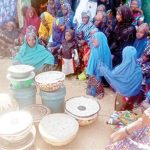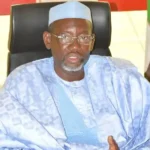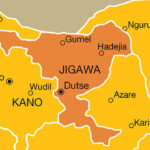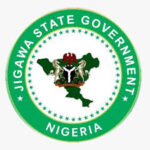By Ali Rabiu Ali
The Jigawa State Executive Council has approved the recruitment of 2,124 health workers as it also approved N959,280,000 for their annual salary and allowances.
Speaking while briefing newsmen on the outcome of the council meeting, the state Commissioner for Information, Youth, Sports and Culture, Sagiru Musa Ahmed, said this would enhance access to medical care and reduce child and maternal mortality.
He explained that those to be recruited as permanent and pensionable staff were 1,124, including 924 temporary health workers under the state’s J-Health scheme, with additional 200 medical personnel.
He gave the breakdown of the medical personnel to be recruited as 40 medical doctors, 30 pharmacists, 20 nurses, 35 public/community healthcare providers, 10 dental therapists, 10 physiotherapists, five medical imaging professionals, 40 certified nurses/midwives, 10 science laboratory technicians and other relevant fields.
Protests: DSS, others urged to ensure peace, stability in Kano
PHOTOS: Army Chief attends burial of Kaduna bombing victims
He said the council also approved the immediate recruitment of 1,000 indigenous persons who studied health-related courses at various levels as temporary workers under the State J-Health Scheme to replace the 924 absorbed as permanent staff.
The commissioner added that the health workers would be posted to 281 primary healthcare facilities at the ward level, and 13 secondary health facilities.
He stated, “The massive recruitment of health workers is part of Governor Umar Namadi’s agenda to make basic healthcare services accessible and affordable for all the people in the state.
“It is a known fact that the state has achieved the construction of at least one basic healthcare facility in every political ward, but the major challenge is shortage of personnel to provide the required service, and now a step has been taken to address the problem.
“We are optimistic that with the provision of adequate health workers in our facilities, the high rate of child and maternal mortality will be tackled as well as other unnecessary deaths.”
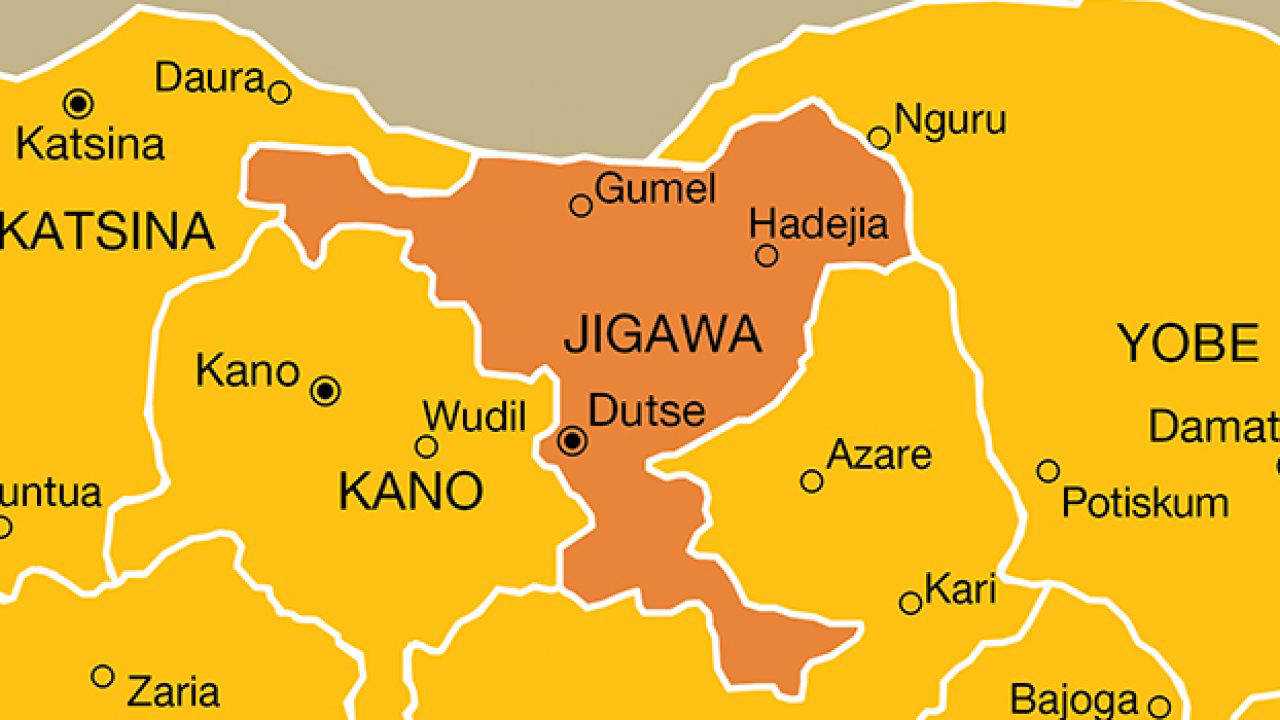
 Join Daily Trust WhatsApp Community For Quick Access To News and Happenings Around You.
Join Daily Trust WhatsApp Community For Quick Access To News and Happenings Around You.